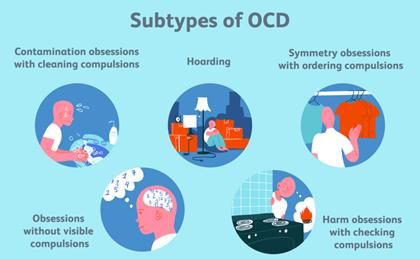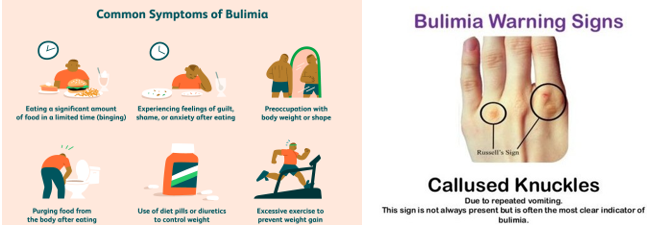The nurse provides care for clients in the pediatric clinic. The nurse understands that according to Erikson Stages of Psychosocial development, trust and significant early attachments develop during which time period?
Birth to 18 months
3 to 5 years
6 to 12 years
2 to 3 years
The Correct Answer is A
According to Erikson's Stages of Psychosocial Development, the first stage is Trust vs. Mistrust, which occurs during the first 18 months of life. During this stage, infants learn to trust their caregivers and develop a sense of security and comfort in their environment. This is accomplished through consistent and responsive caregiving, including meeting the infant's physical and emotional needs.
Therefore, it is crucial for the nurse to understand the importance of building trust and significant early attachments during the first 18 months of life to promote healthy psychosocial development in pediatric clients.
Nursing Test Bank
Naxlex Comprehensive Predictor Exams
Related Questions
Correct Answer is C
Explanation
When caring for a client with obsessive-compulsive disorder (OCD), it is important for the nurse to understand that the client’s compulsive behaviors are a way for them to manage their anxiety and distress. Rather than trying to confront or eliminate these behaviors, the nurse should work with the client to develop a schedule that allows time for their rituals while also incorporating other activities and treatments.
Option a. Confront the client about the senseless nature of repetitive behaviors is not a helpful intervention because it may increase the client’s anxiety and distress.
Option b. Isolate the client for a period of time is not a helpful intervention because it does not address the underlying causes of the client’s compulsive behaviors.
Option d. Set very strict limits on the behaviors so that the client can conform to the unit rules and schedules is not a helpful intervention because it may increase the client’s anxiety and distress and may interfere with their ability to participate in treatment.

Correct Answer is C
Explanation
Russell’s sign is a physical symptom that is associated with bulimia nervosa. It refers to the presence of calluses on the knuckles or back of the hand that are caused by repeated self-induced vomiting.
Option a. Very low BMI is not typically associated with bulimia nervosa. People with bulimia nervosa may have a normal or above-normal BMI.
Option b. Decreased size of parotid glands is not associated with bulimia nervosa. In fact, people with bulimia nervosa may have an enlarged parotid gland due to repeated vomiting.
Option d. Fluid and electrolyte overload is not typically associated with bulimia nervosa. People with bulimia nervosa may experience fluid and electrolyte imbalances due to repeated vomiting and laxative abuse.

Whether you are a student looking to ace your exams or a practicing nurse seeking to enhance your expertise , our nursing education contents will empower you with the confidence and competence to make a difference in the lives of patients and become a respected leader in the healthcare field.
Visit Naxlex, invest in your future and unlock endless possibilities with our unparalleled nursing education contents today
Report Wrong Answer on the Current Question
Do you disagree with the answer? If yes, what is your expected answer? Explain.
Kindly be descriptive with the issue you are facing.
